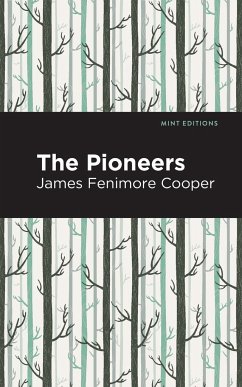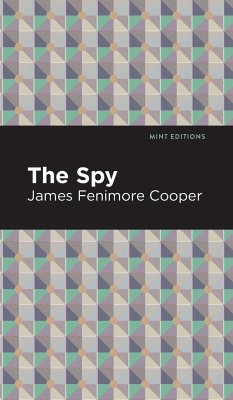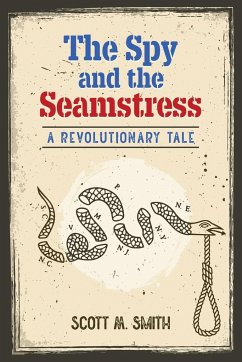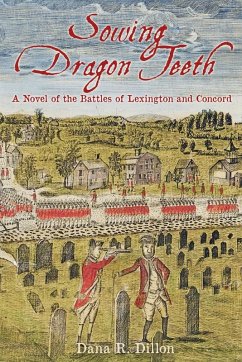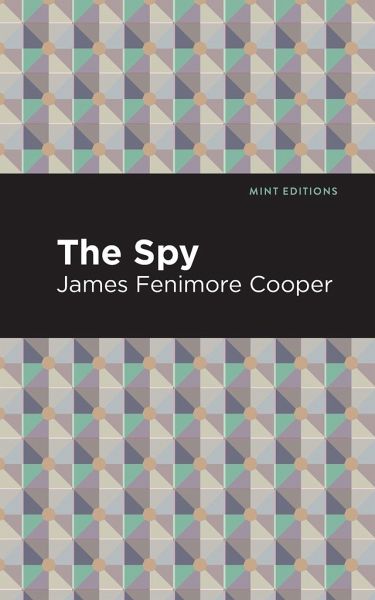
The Spy

PAYBACK Punkte
8 °P sammeln!
As tension begins to grow in America during the revolution, Mr. Wharton, a British sympathizer, moves his family to his county estate named "The Locusts," with the intention to avoid any political conflict. Located in Westchester County, New York, the area was considered a common ground for patriots and loyalists. However, action starts to stir in the neutral town when an enigmatic man shows up at Mr. Wharton's home. Hoping for shelter from the severe storm looming over the area, Mr. Harper, a man who holds himself like a soldier, but dresses in plain clothes, asks Mr. Wharton if he could harb...
As tension begins to grow in America during the revolution, Mr. Wharton, a British sympathizer, moves his family to his county estate named "The Locusts," with the intention to avoid any political conflict. Located in Westchester County, New York, the area was considered a common ground for patriots and loyalists. However, action starts to stir in the neutral town when an enigmatic man shows up at Mr. Wharton's home. Hoping for shelter from the severe storm looming over the area, Mr. Harper, a man who holds himself like a soldier, but dresses in plain clothes, asks Mr. Wharton if he could harbor himself at The Locusts. Mr. Wharton agrees, immediately attempting to root out Harper's feelings about the revolution. Harper, however, stays unresponsive to his efforts. The mystery continues when Harper meets with a peddler named Harvey Birch. When a servant in Mr. Wharton's home overhears part of their conversation, he immediately tells Mr. Wharton about what he perceived as suspicious behavior. As rumors spread about their meetings and political preferences, a theory that Birch is a spy for the British becomes popular. When a bounty is placed over Birch's head, he must evade capture, attack, and espionage as he struggles to protect his secret. Written with beautiful simplicity, The Spy by James Fenimore Cooper was inspired by a real event during the American Revolution. Originally published in 1821, The Spy served as one of the first literary works to portray an American setting, instead of the traditional English practice to depict European settings. This innovation appealed to James Fenimore Cooper's intention to eliminate the bias against Americans, and to foster a proud culture by depicting the American landscape with intricate detail. With the depiction of major revolutionary figures, the early environment of small-town America, and an examination of the revolution's effect on culture, The Spy by James Fenimore Cooper is a complex and comprehensive narrative. This edition of James Fenimore Cooper's The Spy has been redesigned to accommodate the modern reader. With a striking new cover, and printed in a stylish font, The Spy is an accessible and essential read for any American patriot. Since our inception in 2020, Mint Editions has kept sustainability and innovation at the forefront of our mission. Each and every Mint Edition title gets a fresh, professionally typeset manuscript and a dazzling new cover, all while maintaining the integrity of the original book. With thousands of titles in our collection, we aim to spotlight diverse public domain works to help them find modern audiences. Mint Editions celebrates a breadth of literary works, curated from both canonical and overlooked classics from writers around the globe.




